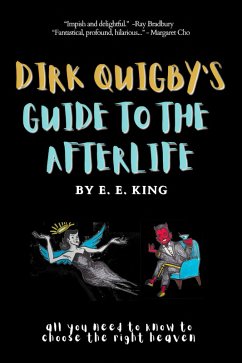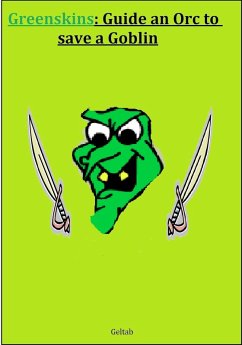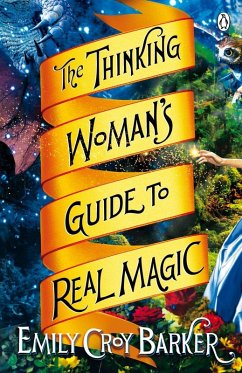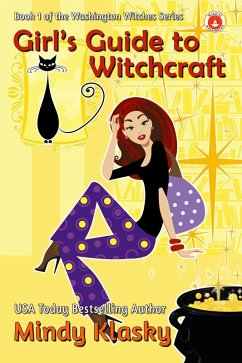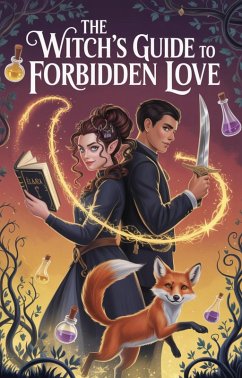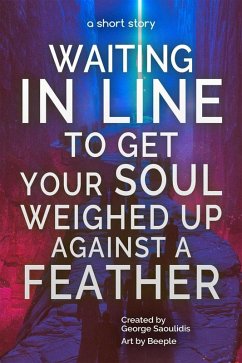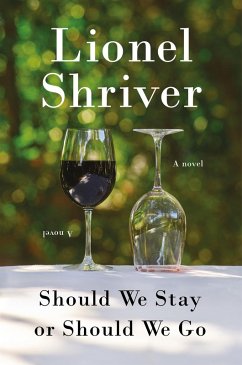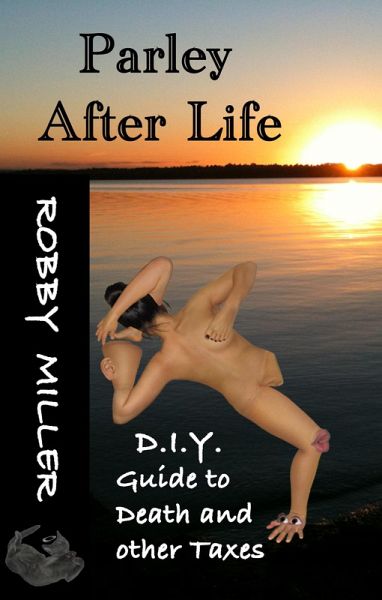
Parley After Life - D.I.Y. Guide to Death and Other Taxes (eBook, ePUB)

PAYBACK Punkte
0 °P sammeln!
"Because he died before his time, the teen protagonist of this wildly imaginative fantasy/sci-fi novel ends up in the special part of the afterlife reserved for lost things. He is meant to wait there until his proper time to die. Wit, as he is called in the afterlife, finds himself sharing this peculiar sort of purgatory with all manner of lost things-not just children. Buttons, socks, religion ("people are losing their religion all the time, right?") and more turn up there as well. Wit, however, is unwilling to accept that he is dead and immediately sets about trying to find a way back to his...
"Because he died before his time, the teen protagonist of this wildly imaginative fantasy/sci-fi novel ends up in the special part of the afterlife reserved for lost things. He is meant to wait there until his proper time to die. Wit, as he is called in the afterlife, finds himself sharing this peculiar sort of purgatory with all manner of lost things-not just children. Buttons, socks, religion ("people are losing their religion all the time, right?") and more turn up there as well. Wit, however, is unwilling to accept that he is dead and immediately sets about trying to find a way back to his life. His adventures along the way make for an unusual picaresque fantasy that is at times sweetly amusing and at other times deeply disturbing. This book seemed to me like The Hitchhikers Guide To The Galaxy meets Dante. If that combo makes you faintly queasy, well... As you might expect from Wit's name, the book is filled with puns and wordplay, and twisty little jokes that veer from groaningly obvious to bits that I almost missed, sometimes getting the pun or punch line a half step behind the beat. These aren't just one-off jokes; the wordplay is often extended, setting up an entire section or theme. Here is an example, not nearly the most clever, but one that is relatively easy to excerpt: "Term-Mights on the other hand wouldn't bite you if you were not wood." "Um, it's termites," corrected Wit. "Not in a democracy," re-corrected Thera. "They are the power behind the throne balanced around you but they are only here for a term; they might or might not achieve anything in that time depending on the poles." "You mean polls?" Wit asked hesitantly. "No, the Beast Pole or the Waste Pole. You've come in through the Waste because the Fun rises in the Beast. To put it another way, people are losing power all the time, it turns them into beasts; others are wasting power all the time, lights left on in closed rooms must illuminate something. So, like either end of a magnet, both powers parley here and it energises the Term-Mights to produce something that either power alone couldn't achieve by itself: Cooperation." On no account should the reader let all this punning and silliness lull him or her into the sense that this is a lighthearted story. Miller keeps you off-footed by mixing a sort of childlike storytelling-including many references to fairy tales and nursery rhymes-with extremely adult themes, not limited to premature death. Many of the characters speak with an openness and innocence that would not seem out of place in The Hundred Acre Wood. Yet after establishing an almost nursery-rhyme cadence and silliness, Miller drops in deep observations about war, child abuse, inequality, and a great deal of social, political, historical, and economic commentary. But the heart of the book is an exploration of the contours of grief, particularly grief over the deaths of children. As the author puns in an afterword, Death And Other Taxes is a "grave allegory." This e-book includes frequent links to websites that explain or elaborate on scientific points that come up in the book. For example, you can pop over directly from the text to a website about termites to find out the facts behind the Term-Mights. In one place, readers are directed to a Wikipedia site giving statistics on teen pregnancy, in another, to an academic paper on the biology of eunuchs. The story is wildly fantastical, yet these links provide frequent reminders of the real, hard-core world of modern science, as if to reassure the reader that stories of an afterlife are only imaginative means of coping with grief, lest the reader mistake them for some kind of reality. Joan Didion wrote that "We tell ourselves stories in order to live." Miller is telling himself, and us, stories to help us deal with death. As Wit eventually comes to accept and understand his death, the reader comes to accept t...
Dieser Download kann aus rechtlichen Gründen nur mit Rechnungsadresse in A, B, CY, CZ, D, DK, EW, E, FIN, F, GR, H, IRL, I, LT, L, LR, M, NL, PL, P, R, S, SLO, SK ausgeliefert werden.




